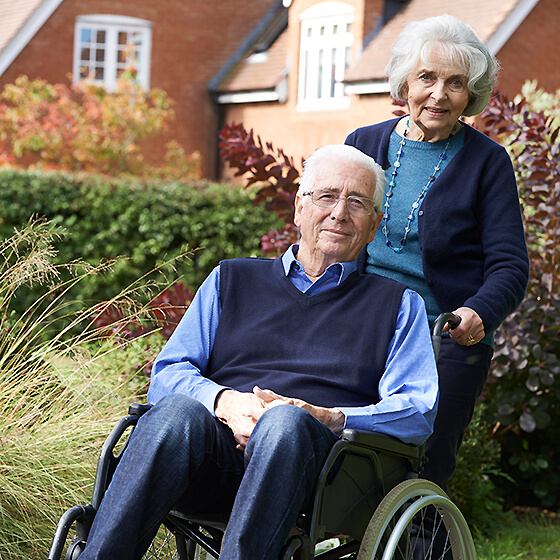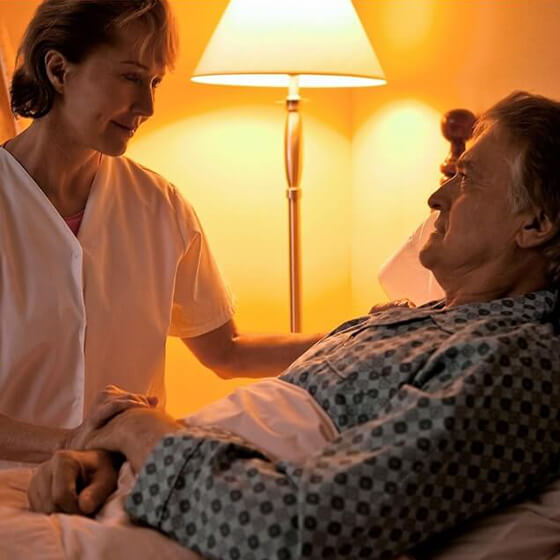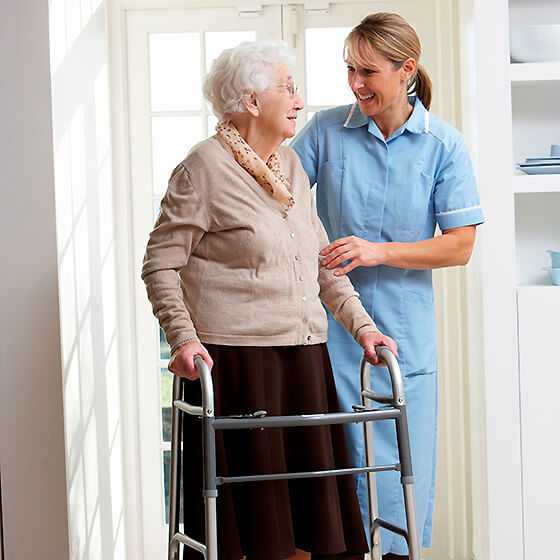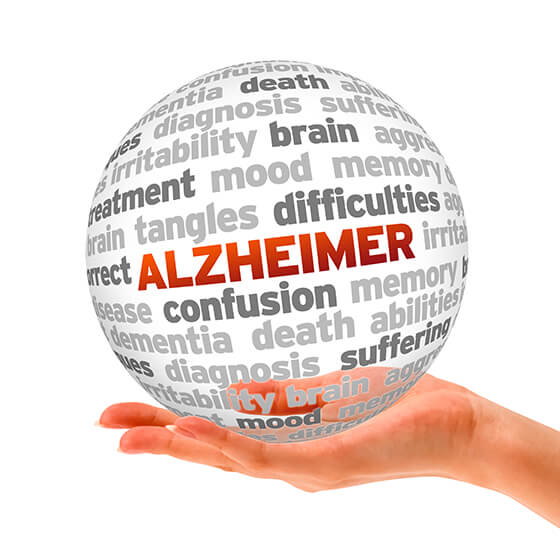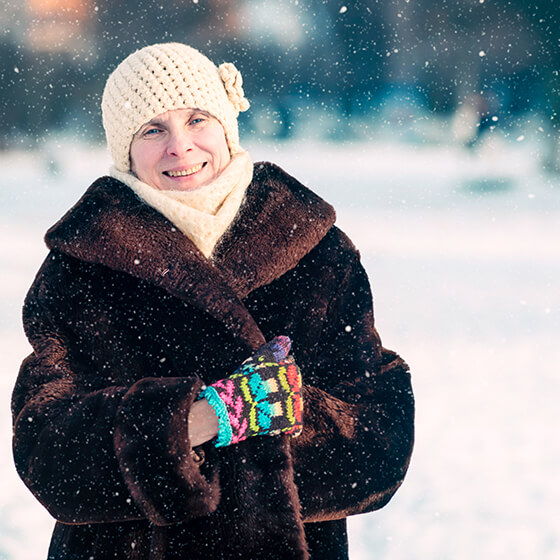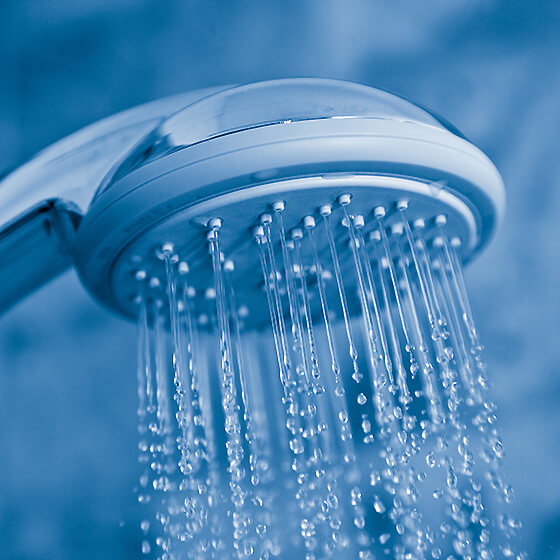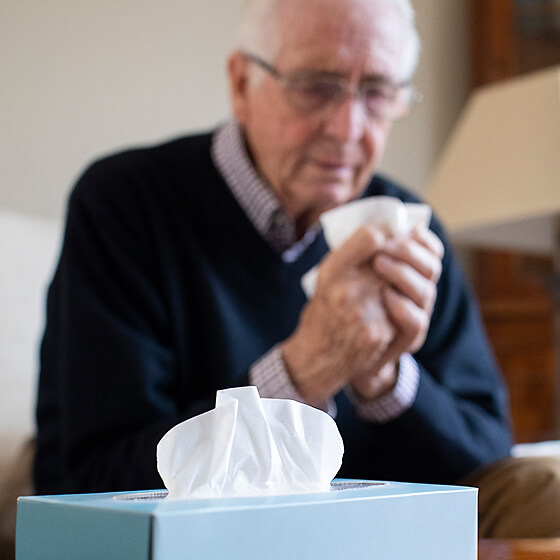The Challenges of being a Spousal Caregiver
When you get married, you vow to your partner to be there for them in sickness and in health. These precious vows may lead to you or your partner becoming a spousal caregiver down the road. Spousal caregivers act as caregivers for their partners who are suffering from disabilities and/or chronic illnesses. Becoming a spousal caregiver is more common than you may think, with almost 7 million current and former caregivers in North America. Being a spousal caregiver can lead to unique challenges because of the physical, emotional, and social...Read More
